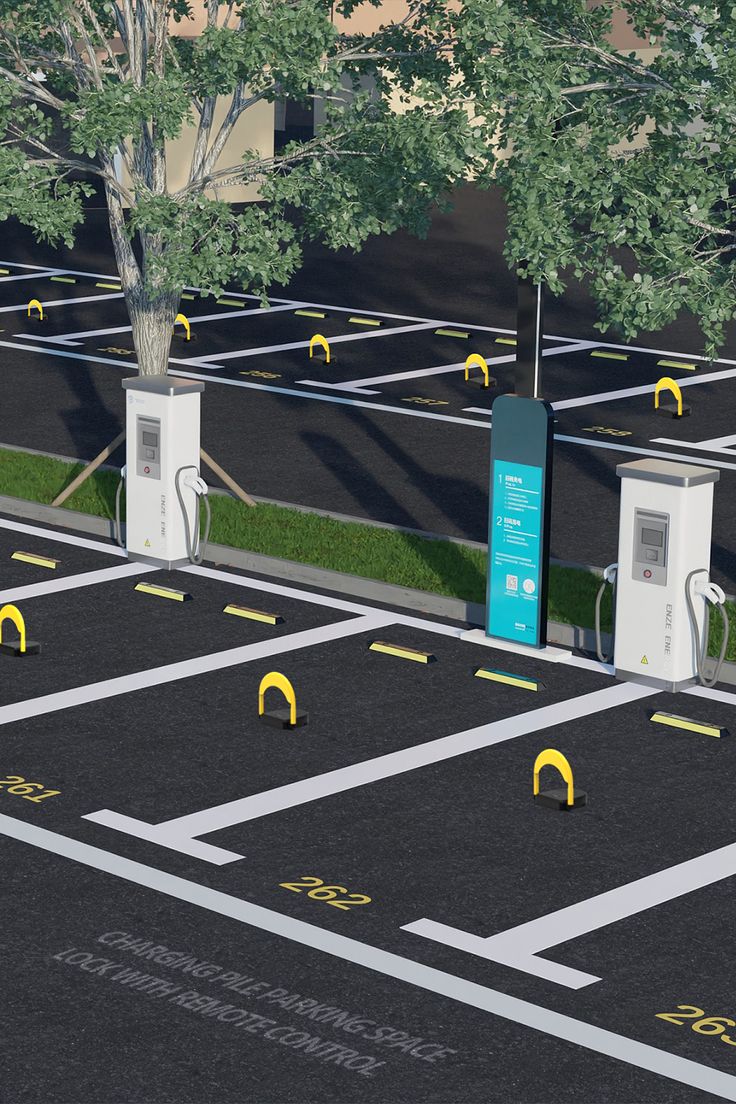As #urban traffic congestion and environmental pollution become increasingly severe, electric vehicle sharing (EV Car Sharing) is emerging as a sustainable mode of transportation, gaining traction globally. This innovative approach not only promotes environmental protection but also offers great flexibility to various user groups, from city dwellers to tourists.
In #Europe, the concept of EV car sharing is attracting more and more attention, driven by the desire for electric mobility and the fight against climate change. Platforms like Zipcar and Share Now provide short-term rental services through mobile apps, allowing users to rent vehicles by the minute, hour, or day. These services offer city residents a way to travel without the burdens of vehicle maintenance, insurance, and parking, while providing an affordable transportation option for those on lower incomes. Tourists can explore cities in an eco-friendly way, and students find the flexibility useful for occasional errands.
Many #successful EV car sharing projects have been launched in Europe. For example, Zity in Madrid and Milan offers fully electric fleets, and Green Mobility in Denmark provides both electric cars and vans. Internationally, companies like Zipcar and Turo are expanding access to a range of eco-friendly vehicles. Research indicates that EV car sharing can reduce each user's emissions by up to 43% compared to traditional fuel vehicles. Shared EVs not only lower individual carbon footprints but also help reduce the overall demand for new cars, thereby lessening the environmental impact of manufacturing.
#Despite its promising future, EV car sharing still faces challenges. The current lack of charging infrastructure leads to "range anxiety," which may deter potential users. Additionally, the high initial costs of EVs may discourage rental companies from expanding their fleets. However, addressing these issues is crucial. Increasing access to charging stations, especially in car sharing hubs, will enhance user confidence and satisfaction.
The rise of #EV car sharing marks a transformation in urban transportation, with far-reaching impacts on society, culture, and the global economy. As urban populations grow, the demand for efficient and sustainable transportation solutions increases. EV car sharing provides flexible travel options that align with modern lifestyles, helping to change public attitudes towards vehicle ownership. Moreover, these services promote a cultural shift, making sustainability an integral part of urban identity and fostering a sense of community among users who prioritize green practices.
In conclusion, EV car #sharing is not just about providing transportation; it symbolizes a broader shift towards sustainable urban living. By addressing environmental issues and offering affordable and accessible options, EV car sharing initiatives have the potential to reshape urban mobility for years to come. As these services become more popular, they will play a key role in facilitating the transition to a greener future.



